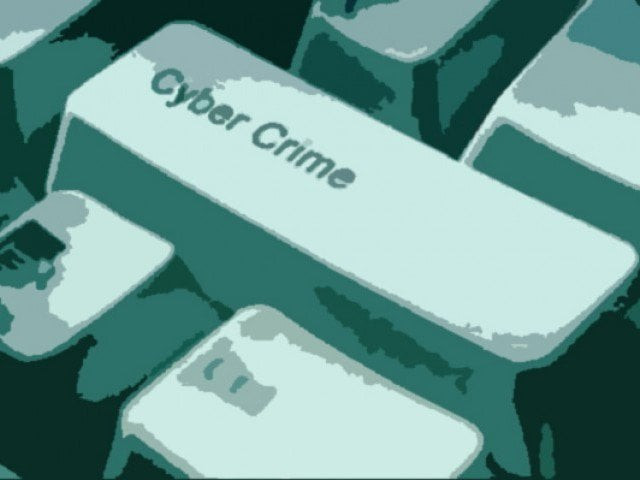Ambiguities in Cybercrime Bill
There are ambiguities regarding whether it aims to stomp down on terrorism & hate speech or curb right to free speech

There are ambiguities regarding whether it aims to stomp down on terrorism & hate speech or curb right to free speech. STOCK IMAGE
There is no doubt that Pakistan has needed a rigorous and well thought-out plan to deal with terrorism, with cyberspace having been used to good effect in spreading hatred and forwarding a nefarious agenda. Hate speech has become increasingly common on social media and there is a clear need to curb it. But in that pursuit, the fine line between coming down hard on hate speech and subverting the right to free speech has become hazy and that is where the PECB was supposed to provide the balance. The earlier version of the Bill leaned more towards censorship and this is why it took over a year to get it cleared in the National Assembly. Even now, there are clauses that border on the invasion of civil rights, and we hope there is a more meaningful discussion in the Senate. Cyber stalking, bullying and harassment are issues that need to be dealt with and we welcome the measures instituted in the Bill in this regard. At the same time, worryingly, there are clauses which allow the government the power to remove, block or issue directions for the removal of, or blocking access to, any information if it is against “public order, decency or morality”. How exactly can we define what is decent and moral in a country that is deeply divided on every other issue and who gets to determine these definitions? Additionally, a fine and imprisonment for sending messages “irritating to others or for marketing purposes”, would mean that most businesses could end up being penalised. We welcome the fact that amendments to the earlier version of the Bill were made, but this is not enough as there are still ambiguities regarding whether it aims to stomp down on terrorism and hate speech or curb the right to free speech and civil liberties.
Published in The Express Tribune, April 15th, 2016.
Like Opinion & Editorial on Facebook, follow @ETOpEd on Twitter to receive all updates on all our daily pieces.















COMMENTS
Comments are moderated and generally will be posted if they are on-topic and not abusive.
For more information, please see our Comments FAQ